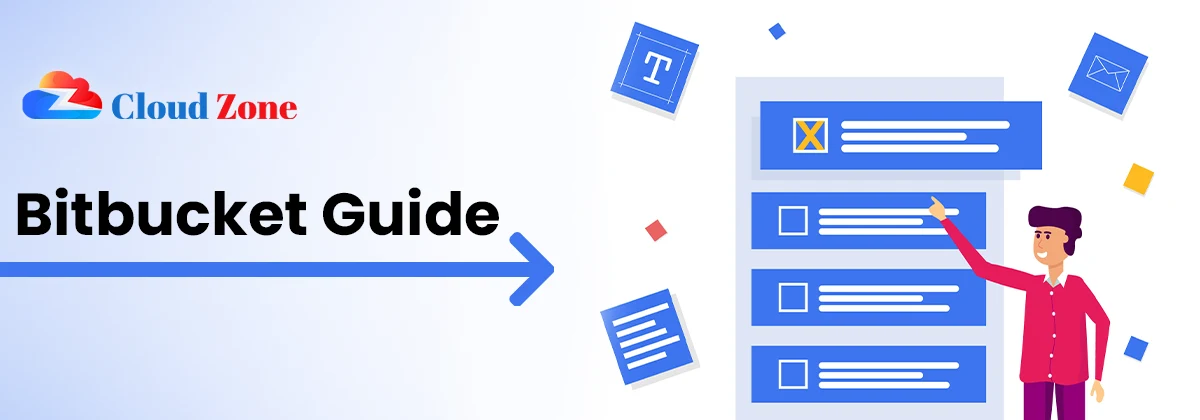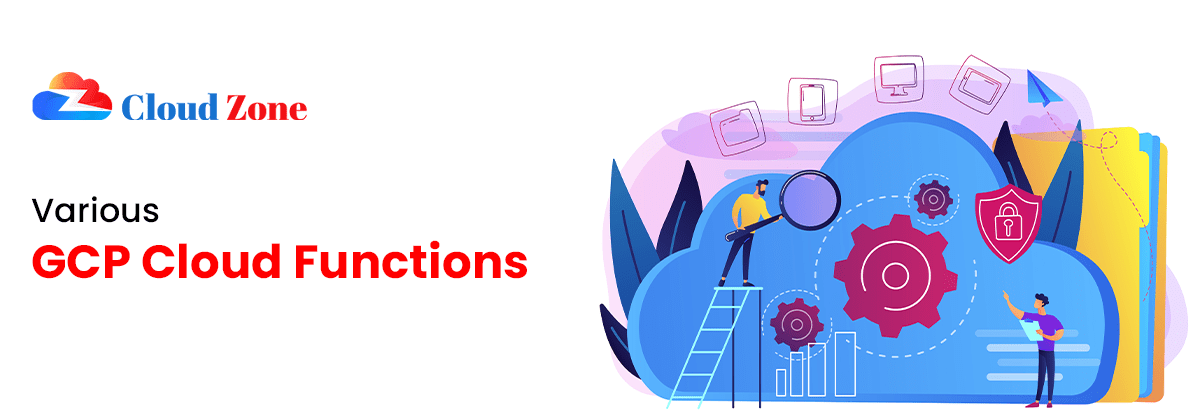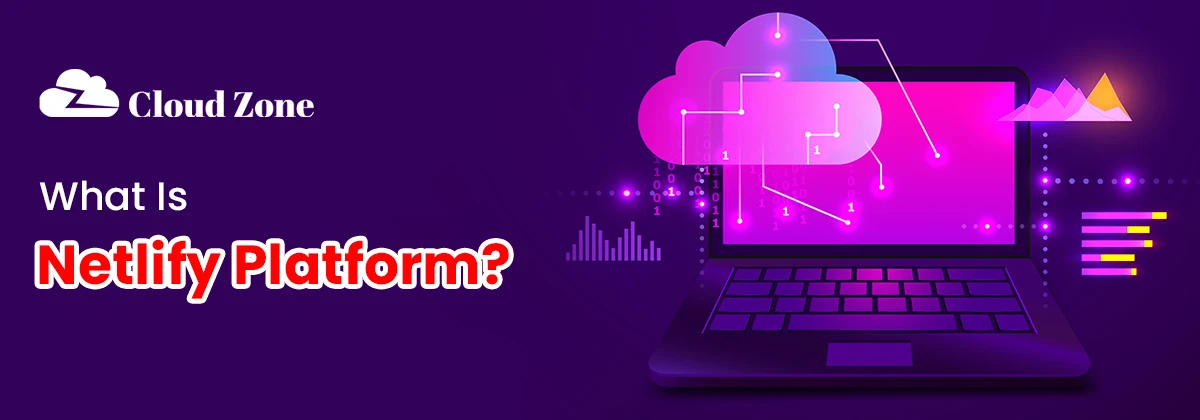Table of Contents
ToggleIntroduction
In the new digital world, businesses are always under pressure as they struggle to keep pace with emerging technologies while maintaining control, flexibility, and security. This is where Hybrid Cloud Computing: The Future of IT Infrastructure will become the most dependable solution.
Organizations combine the power of both the public and the private cloud services to have the optimum level of both scalability and data control. This computing provides the ability to use the agility of the public cloud and protect the privacy of sensitive information in a closed environment. As the world of business pursues efficiency, one of the changes that has become significant changes in the IT strategy is the movement towards it.
What is this Computing?
It is the combination of public cloud and private infrastructure where organizations are allowed to enjoy the shift of workloads between the two environments. The benefit is that it allows selection of where to run workload based on either cost requirements, compliance requirements, or performance requirements.
Companies benefit from:
- Scalability to be able to meet a surge in demand
- The ability to take advantage of advanced clouds
- More secure flow of delicate data
- The optimization of the cost through the strategic distribution of resources
This combination of control and scale determines why analysts commonly refer to it as the future of IT Infrastructure.
Why Businesses Choose This
The usage of this cloud is not a trend. It is a requirement. Organizations are challenged with issues of data growth, compliance requirements, and worldwide customer needs.
By embracing this model, businesses:
- Ensure optimal performance of workloads with deployment in the most appropriate environment
- Enhance distributed system disaster recovery
- Facilitate off-site working forces with workforce access to the cloud
- Speed up innovation with AI, analytics, and DevOps solutions
The Role of Azure Hybrid Cloud in the Enterprise of IT
It is one of the platforms facilitating this change. Microsoft Azure provides enterprises with the capability to manage their applications across on-premises and cloud without complications.
The features include:
Consolidated operation of hybrid workloads
Monitoring and governance by AI
Industry-aligned security compliance
By using the Azure Hybrid-C, companies can cut down complexity without compromising experiences across the various environments. This practice is due to the reason why cloud computing is quickly becoming the new norm of digital transformation.
Benefits of this Computing
Flexibility and Agility: Firms can upscale or downscale resources instantly. This makes computing perfect for those businesses whose workloads are not predictable.
Improved Security: Sensitive data does not leave the security and protection of the private infrastructure, but outward portions can be extended with cloud scalability.
Cost Management: Only used resources are paid for by the businesses, making IT budgets a success.
Seamless Innovation: In cloud or hybrid strategies, organizations can pursue innovation without making significant investments.
Cloud Hybrid Cloud: Bridging the Gap
This makes it so that the enterprise never has to choose between a public and a private option ever again. What they incur instead are a connected set and workloads moving dynamically according to performance needs.
Key outcomes include:
- Quicker responses to new services
- Reduced latency for global applications
- Unified security protocols across environments
This mixed strategy is also the reason why CIOs focus on Hybrid Cloud Computing: The Future of IT Infrastructure when developing their longer-term technology plans.
Real-World Applications
The use of hybrid by companies in many industrial sectors varies in the following use cases:
Healthcare: Healthcare organizations need to store patient information securely, with the need to perform advanced analytics in the cloud
Finance: Private records on high-frequency trading on the public clouds
Retail: Omnichannel systems based on the hybrid ones of Azure
Hybrid-C Manufacturing: Centralized analytics in a cloud hybrid to manage IoT devices
Challenges in Cloud Adoption
Adoption of this computing has its challenges:
Complexity of integrations of legacy and new systems
Data governance challenges in data across several jurisdictions
Security threats in the event of workloads that have not been segmented properly
Lack of skill in dealing with hybrid infrastructure
With platforms such as Azure hybrid cloud and other top industry leaders, these risks can be addressed through robust automation, AI-driven surveillance, and security across the board.
Best Practices for Successful Adoption of this cloud
To maximise on this cloud approach, they should operate under some simple practices:
- First Check Business Needs: Determine which activities belong on the private cloud and which on the public cloud.
- Emphasis on Security and Rules: There should be a single formal security measure applied to both kinds of clouds.
- Educate Your Employees: Provide the IT people with the correct training to maintain this dual system with ease.
- Employ Automation Tools: Take advantage of intelligent tools to watch, control, and save time.
- Start Small, Expand/Grow Later: Test with small projects first, then increase step by step.
Hybrid-C vs. Multi-Cloud
A common confusion arises between this and other multi-cloud strategies.
| Feature | Hybrid-C | Multi-Cloud |
| Definition | Combines private + public environments | Uses multiple public cloud providers |
| Security Focus | Higher, due to private infrastructure | Depends on vendor capabilities |
| Cost Management | Optimized across public/private mix | Requires complex financial oversight |
| Flexibility | High for compliance-driven industries | High for vendor flexibility |
This comparison clarifies why many organizations prioritize Hybrid Cloud Computing: The Future of IT Infrastructure over fragmented multi-cloud models.
Learn hybrid cloud computing from industry experts. Secure certifications and unlock job opportunities in top IT firms.
Also Read -
Future Trends in this Cloud
The history of this indicates several trends:
Automation of workload using AI
Integration of 5G that is capable of real-time applications
The concept of edge computing allows for rapid decision-making can take place in the locations of the data
Environmentally friendly IT programs that provide optimum levels of energy consumption in hybrid environments
The above trends provide further justification for the argument that this computing is the future of the IT infrastructure world, with enterprises becoming future-ready.
Prepare for tomorrow’s IT world with hybrid cloud computing knowledge. Our training makes complex topics easy and practical.
How does this cloud affect business on Digital Transformation?
Outside of technology, this new model is transforming the way businesses are scaled and competing:
Accelerated Product Innovation: Companies can test, deploy, and scale new services faster.
Improved Customer Experiences: During disruptions, teams reallocate workloads between environments quite easily.
Cross-Country Teamwork: Moreover, experts collaborate across countries without creating any hindrance to systems.
Improved Risk Management: During disruptions, teams reallocate workloads between environments quite easily.
Competitive Edge: Businesses with this cloud model can adjust quickly when compared to those that solely use IT.

Conclusion
Enterprises in the age of digital acceleration require innovative technology with a secure and scalable nature. Hybrid Cloud Computing: The Future of IT Infrastructure is the solution. Adopting this cloud enables organizations to become resilient, agile, and cost-efficient. Unified cloud-based solutions, such as Azure hybrid and cloud hybrid architecture, can help companies integrate workloads in such a manner that they are able to excel in a competitive business environment.
Now is the time to act. To remain on top of the disruption, modernize its IT infrastructure, and find new growth opportunities, going hybrid is no longer just a possibility but a necessity.
Take the next step today and explore how our expert cloud solutions can help you build a future-ready infrastructure.
Looking to implement a customized cloud strategy for your business? Discover our cloud services here.

How to Become Metaverse Developer

Bitbucket Guide

Various GCP Cloud Functions

